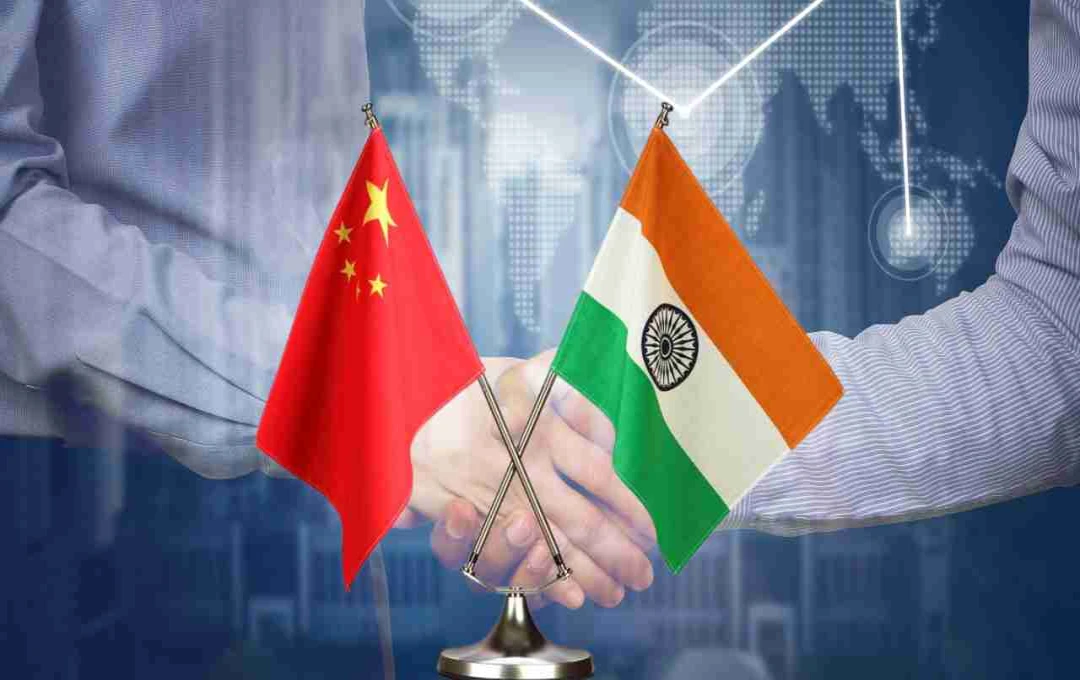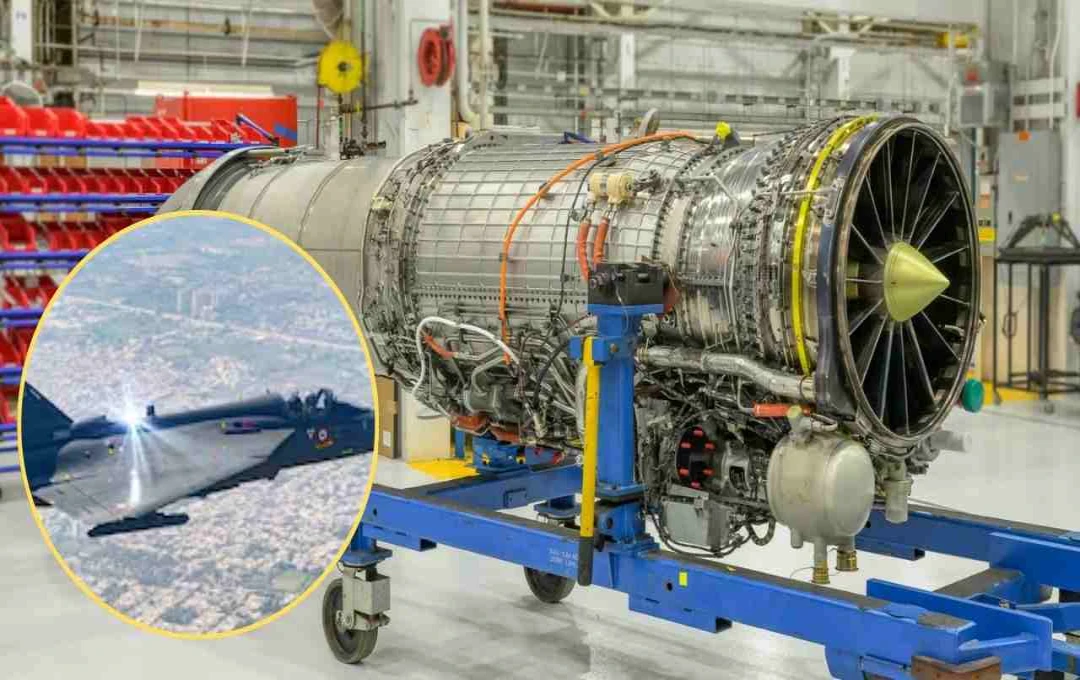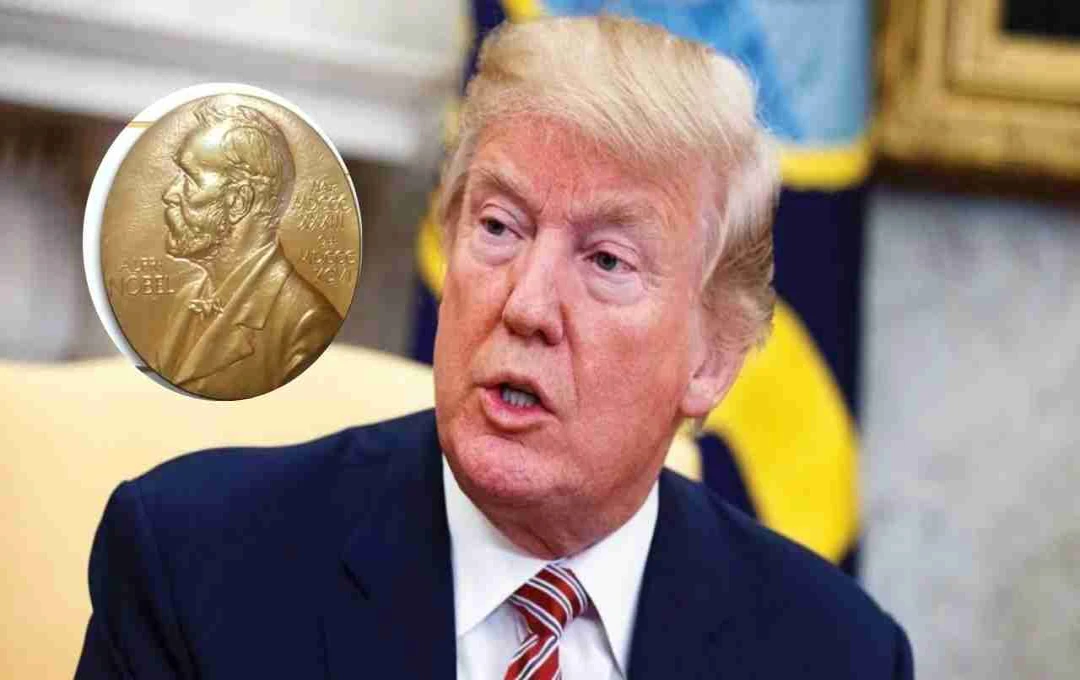Montek Singh Ahluwalia, former Deputy Chairman of the Planning Commission, has issued a significant warning regarding India's trade relations with China. He emphasized the need for India to exercise extreme caution in its trade dealings with China, recognizing that economic opportunities are intertwined with strategic risks.
New Delhi: India and China's trade relationship has always been a subject of economic and strategic debate. While China is a global manufacturing hub, concerns regarding India's national security are equally significant. Prominent Indian economist and former Deputy Chairman of the Planning Commission, Montek Singh Ahluwalia, has bly advised India to maintain a balanced approach in its trade with China. He clarified that complete decoupling is not the solution; instead, a carefully crafted strategy is the correct path forward.
Why is a Cautious Trade Policy Necessary?
Montek Singh Ahluwalia stressed that India must view its trade relations with China from a strategic perspective. China is the world's second-largest economy, making complete isolation impossible. However, three major concerns cannot be ignored:
- Unfair Trade Practices – Subsidies provided by China on its products create an uneven playing field for Indian producers, harming Indian industries.
- Strategic Dependence – India's excessive reliance on China in crucial sectors like pharmaceuticals (especially APIs – Active Pharmaceutical Ingredients) is alarming.
- Cybersecurity Threats – Embedded vulnerabilities in many products can open doors for cyberattacks in sensitive sectors.
To address these issues, Ahluwalia emphasized the development of domestic capabilities and diversification of supply sources. He advocated not for the complete cessation of trade with China, but rather for making it balanced and secure.
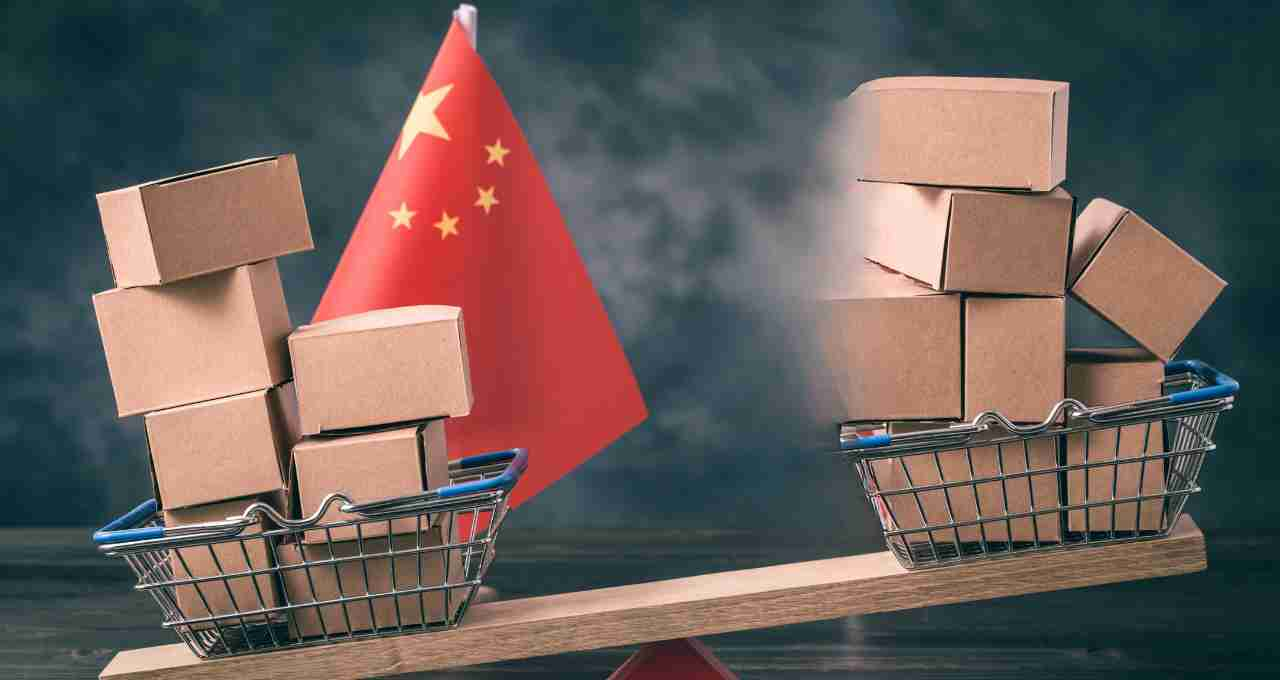
Strategic Dependence: A Threat to India's Pharmacy?
Ahluwalia, using the pharmaceutical sector as an example, pointed out that while India calls itself "the pharmacy of the world," a significant portion of the APIs used in its drug manufacturing is imported from China. This makes India strategically vulnerable. He argued that dependence on a single country in such a crucial sector leaves India susceptible to strategic pressure. Therefore, he recommended enhancing domestic production capacity through schemes like the PLI (Production Linked Incentive) program.
This concern extends beyond pharmaceuticals; India's dependence on China is growing in areas like rare earth minerals, batteries, energy equipment, and electronics. This poses a significant threat to India's future.
Is Every Chinese Product a Threat?
Ahluwalia made the crucial point that not every Chinese product poses a threat to India's security. He cited solar cells as an example. China's massive production of solar chips has driven down international prices. Importing these chips could significantly boost India's solar energy production capacity.
This scenario could be beneficial for India, providing access to cheaper and cleaner energy. He therefore noted that in some instances, imports can be supportive and cooperative, not just a threat. However, he stressed that for critical technological systems – such as defense, communication, or power distribution – imports should only come from trustworthy sources.
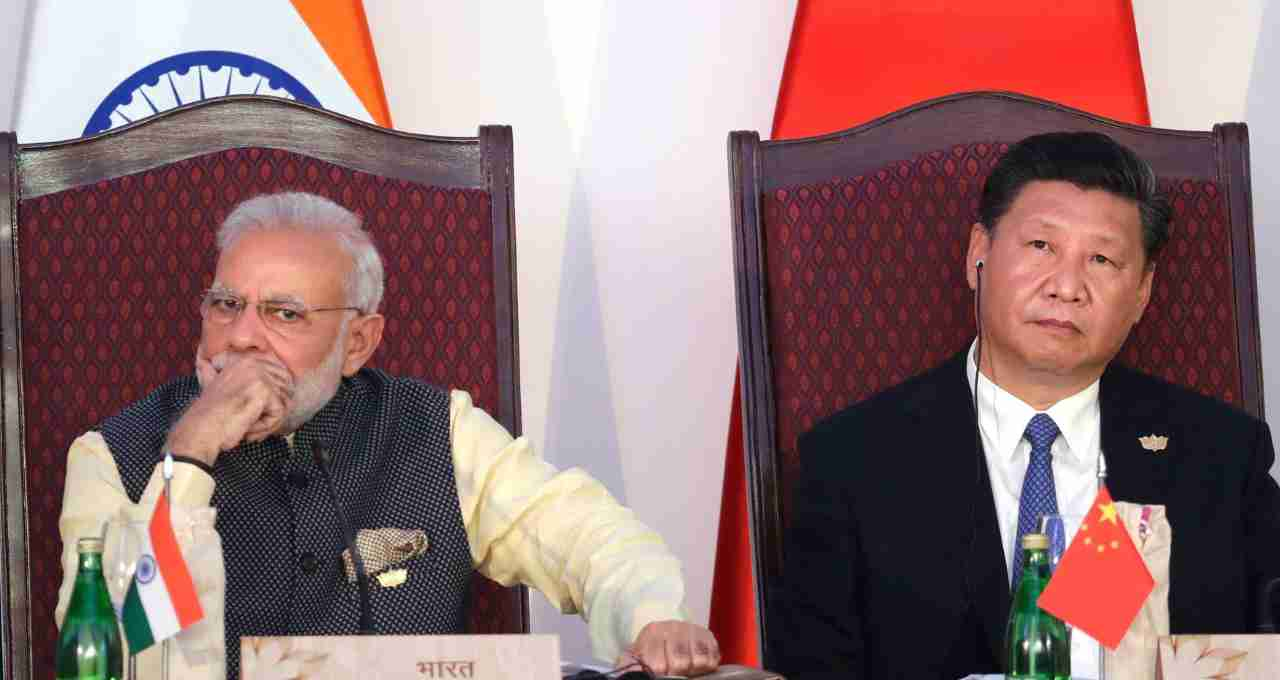
Can India Completely Abandon China?
The central question for India is whether it can sustain its economic progress and production chains without China. Ahluwalia's answer is – not entirely, but India needs to develop alternatives. He clarified that India should invest in areas where it can replace China, whether through domestic manufacturing or collaboration with global partners.
India must also ensure that the pursuit of self-reliance does not lead to inflated production costs and consumer prices. As a developing nation, affordable services and products are essential for the common citizen.
